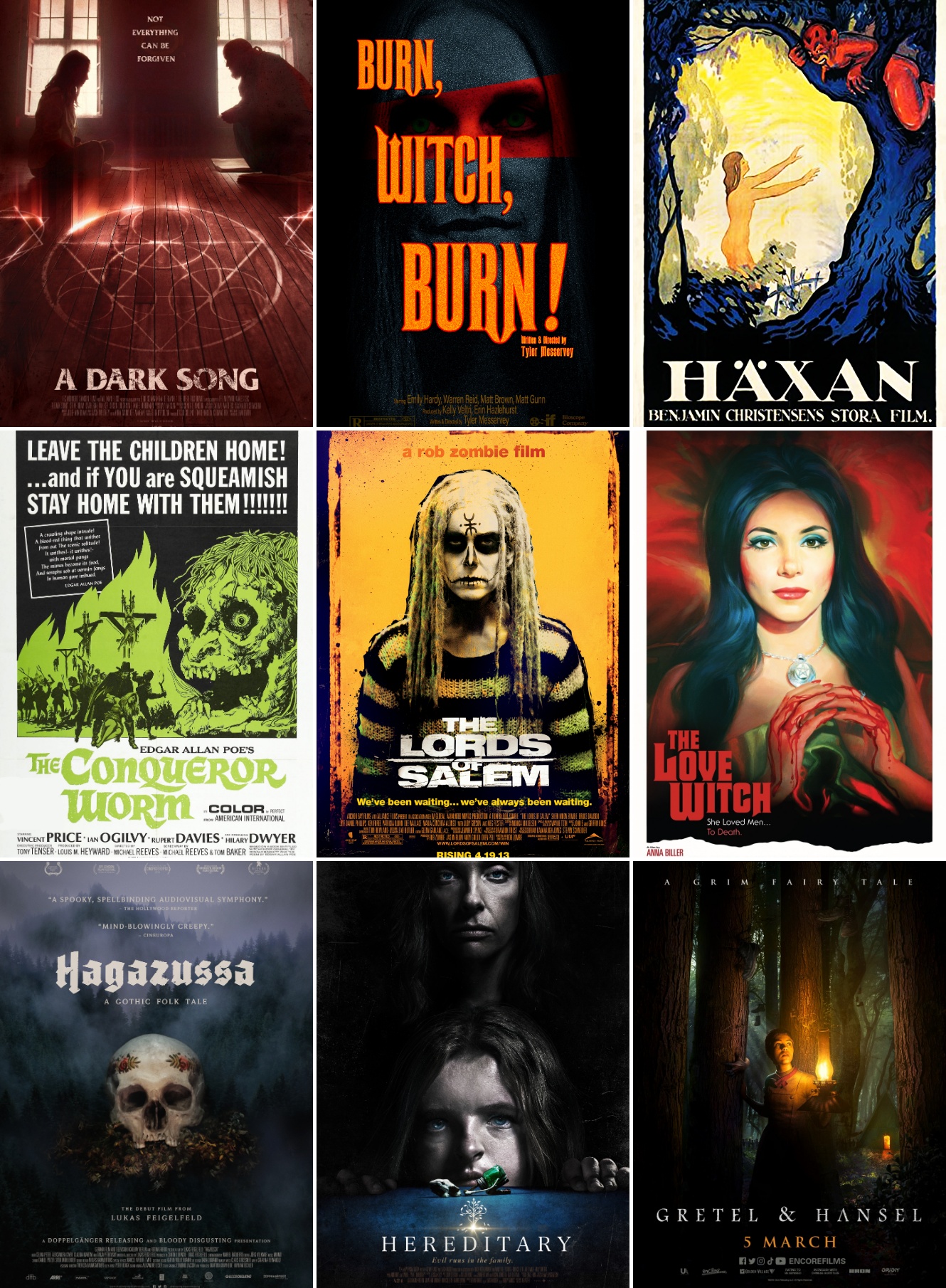
In a shocking revelation that has sent ripples through the K-pop industry, a series of disturbing stories about idol bullying have resurfaced, highlighting a dark underbelly that refuses to fade away. This year alone, allegations of bullying have led to the cancellation of several prominent idols, including Stray Kids’ Hyunjin and former G-idle member Soojin, reigniting a fierce debate about mental health and accountability in the entertainment world.
Among the most harrowing accounts is that of Holland, the first openly gay K-pop idol, who endured severe bullying during his school years, including being physically dragged by a rope. Former Sharp member Lee Jihae’s infamous elevator brawl exemplifies the violent rivalries that sometimes fester within idol groups, while actress Yoo Inna faced relentless torment as a trainee, becoming a target of jealousy for her talent.
Rapper Acehole’s story adds to the grim narrative, revealing how bullying forced her to drop out of school after suffering physical attacks. Even the beloved Kang Daniel opened up about being victimized in middle school due to his looks, a shocking revelation for a figure now celebrated as the “nation’s center.”
Perhaps the most distressing case involves former T-ara member Hwayoung, whose alleged bullying by groupmates led to a media frenzy and widespread backlash, echoing the ongoing struggle for mental health awareness in the industry.
These incidents serve as a grim reminder that bullying remains a pervasive issue within K-pop, often ignored or swept under the rug. As fans demand accountability and change, the industry faces increasing pressure to address the toxic environment that has too often been accepted as part of the idol experience. The question remains: will the K-pop industry finally confront this ugly reality, or will the cycle of silence continue?

